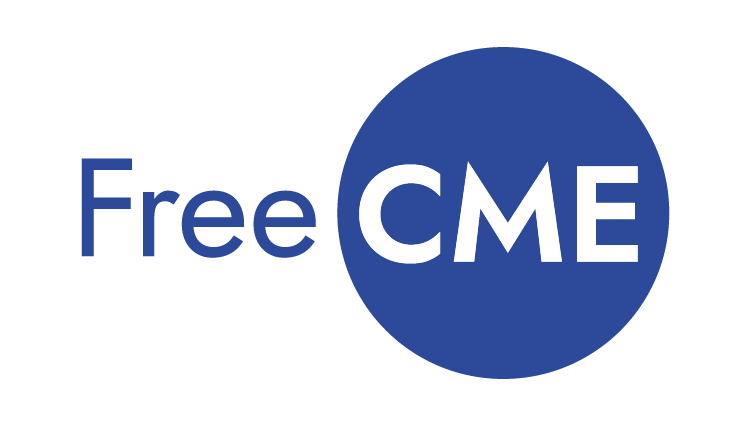Overview of Our Hospitalist Courses
Hospitalists play a vital role in today’s healthcare system—managing complex medical conditions, coordinating multidisciplinary teams, and delivering high-quality care to acutely ill patients in dynamic inpatient environments. As clinical guidelines evolve and hospital systems strive for greater efficiency and improved outcomes, hospitalists must remain up to date on best practices across a broad spectrum of specialties. FreeCME offers a wide range of free online hospitalist CME courses tailored to support hospital-based providers in delivering safe, effective, and evidence-based care.
Featured Courses

Clinical Compendium: Individualizing Care of Patients with Hepatorenal Syndrome – Acute Kidney Injury
All of our CME activities are developed in partnership with accredited continuing education providers, ensuring each course reflects the latest standards, clinical data, and treatment guidelines. Whether you’re managing a patient with sepsis, evaluating abnormal lab results, or optimizing transitions of care, our CME courses provide practical, case-based education that supports day-to-day decision-making. And because FreeCME is entirely free, with no subscription fees or hidden costs, clinicians can access valuable learning resources without financial barriers.
Our on-demand, self-paced format allows you to complete courses at your convenience—between rounds, after shifts, or whenever your schedule allows. After completing each activity and post-test, you can immediately download your CME certificate to meet licensing, credentialing, or maintenance of certification (MOC) requirements.
The hospitalist-focused CME curriculum covers a wide range of relevant inpatient topics, including:
-
Sepsis identification and management, including current treatment bundles and timing of interventions
-
Hospital-acquired conditions and infection control, such as VTE, CAUTIs, and antibiotic stewardship
-
Common inpatient diagnoses, including pneumonia, COPD exacerbations, CHF, and diabetic ketoacidosis
-
Perioperative medicine, including risk stratification, medication management, and surgical co-management
-
Discharge planning and transitions of care, addressing readmission risk and post-acute coordination
-
Palliative and end-of-life care, with a focus on goals of care discussions and symptom management
-
Health equity and communication, ensuring culturally competent and patient-centered care in diverse populations
These courses are particularly valuable for clinicians practicing internal medicine, family medicine, or geriatrics in inpatient settings, as well as for advanced practice providers working in hospitalist roles. The curriculum is informed by guidance from organizations such as the Society of Hospital Medicine (SHM), the American College of Physicians (ACP), and other leading bodies.
